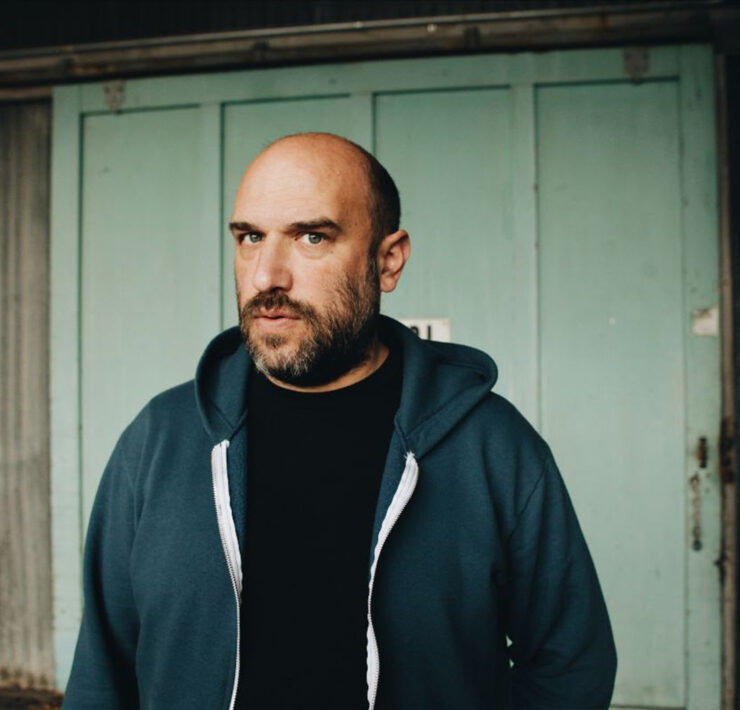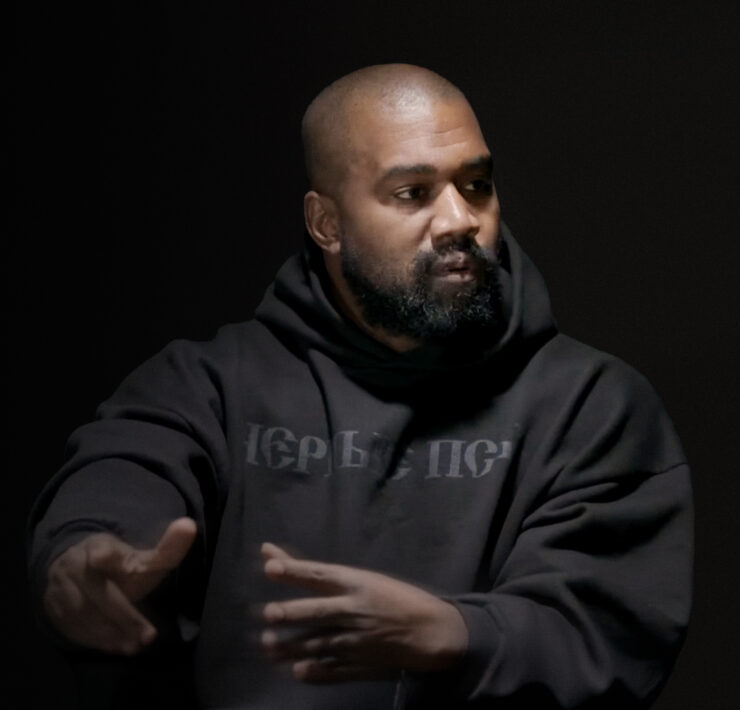
A troubling new study from the Journal of Contemporary Ministry first reported by Christianity Today has found that women, already a severely under represented group among worship songwriters, are actually on the decline in the genre. A woman hasn’t had the top worship song on the U.S. charts since 1994 (Laurie Klein’s “I Love You Lord”). By 2018, just four percent of songs on the Christian Copyright Licensing International (CCLI) Top 25 were written by women. By contrast, 11.6 percent of songs on the Billboard charts were written by women that same year.
CT spoke to Anneli Loepp Thiessen, a PhD candidate at the University of Ottawa who wrote the study. She said the increasing commercialization of worship music has led to far more collaboration in the worship songwriting process — collaborations that often leave women out. “Many popular songs today are written in intentional collaborations as part of a highly competitive industry,” she said. “As the contemporary worship music industry has developed, it has become increasingly commercialized, with men subsequently coming to dominate the Top 25 list. Women have not only struggled to hold the No. 1 spot, but any spot on the Top 25.”
Women have long been part of the Church’s songwriting tradition. In fact, they predate what most of us would call the “Church.” In the Hebrew Bible, women like Miriam and Deborah wrote songs for God’s people to sing. In the Gospels, Mary wrote one of the most famous worship songs in history. And in more contemporary times, Fanny Crosby, Phoebe Knapp and Darlene Zschech paved the way for modern women worship songwriters like Brooke Ligertwood, Taya Gaukrodger and Tasha Cobbs Leonard.
These women’s impact is unmistakable, but they remain anomalies in their industry and they are growing even more rare. Loepp Thiessen said she expected to see a trend of more women in worship songwriting over time, but she found the opposite. In 1988, 30 percent of songs in the CCLI Top 25 were written by women, and women were part of 13 percent of the collaborative efforts. In 2018, just four percent of songs in the CCLI Top 25 were written by women, although 24 percent of collaborations included at least one woman.
To be fair, the industry isn’t hurting for women songwriters. There are lots of them out there (and you can find conversations with many of them here on this very website). But the CCLI Top 25 is hugely influential, and if your songs aren’t charting there your odds of helping shape the future of what worship sounds like are slim. More collaboration among songwriters is great but if those collaborations are leaving women out to a greater degree than they used to, then it’s worth wondering if their benefits aren’t being outweighed by their harm.






















